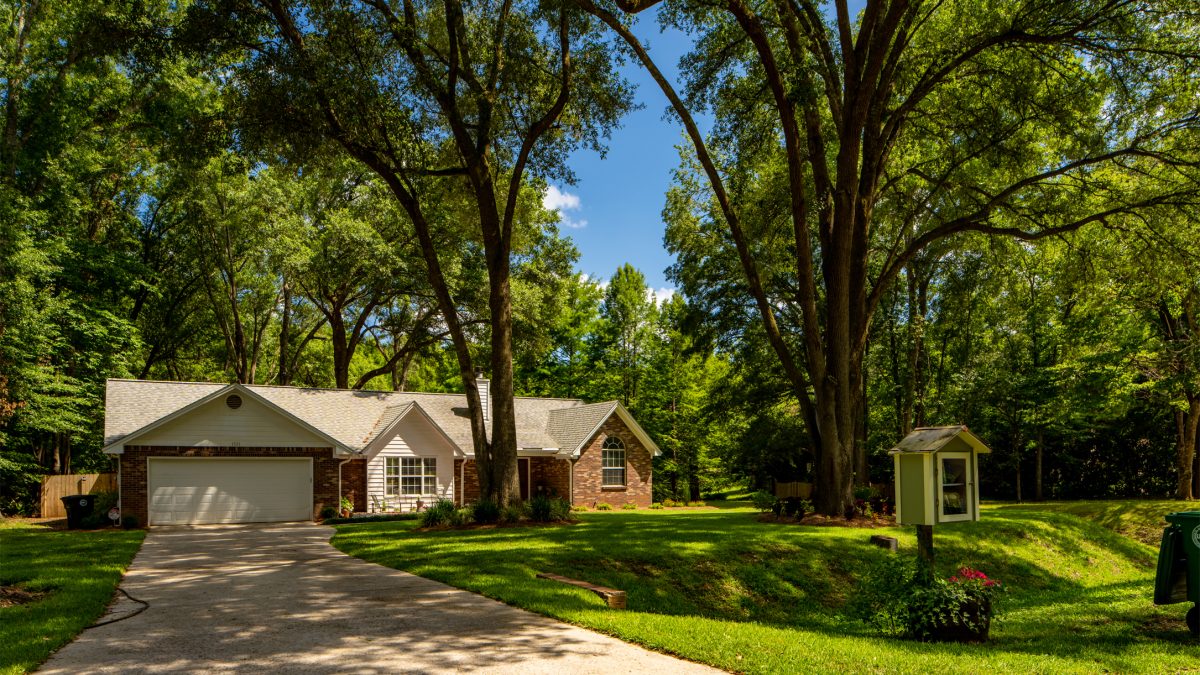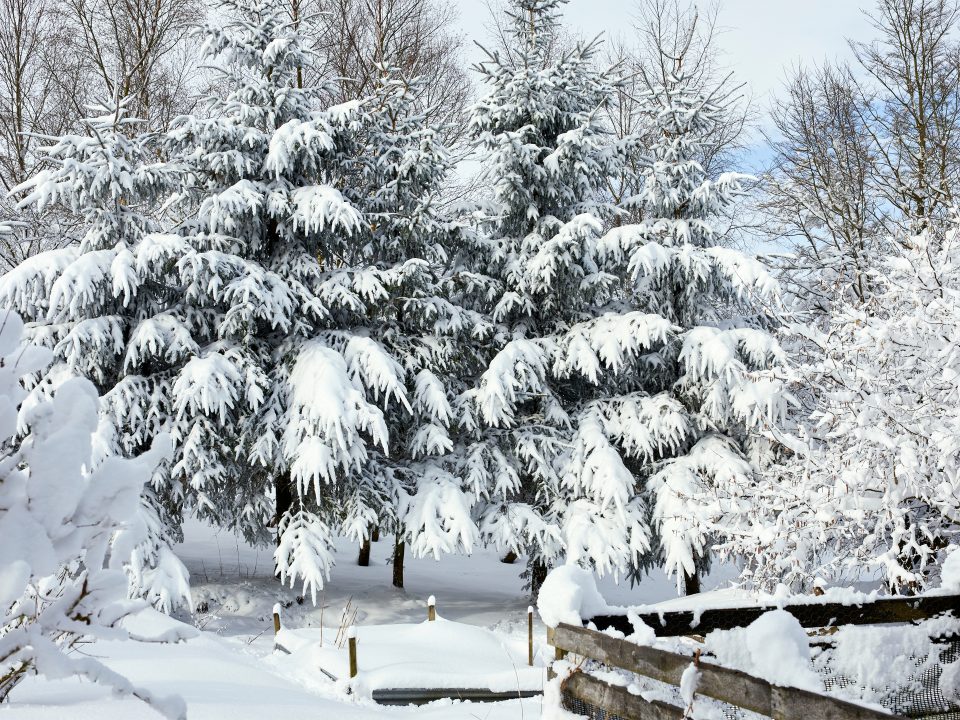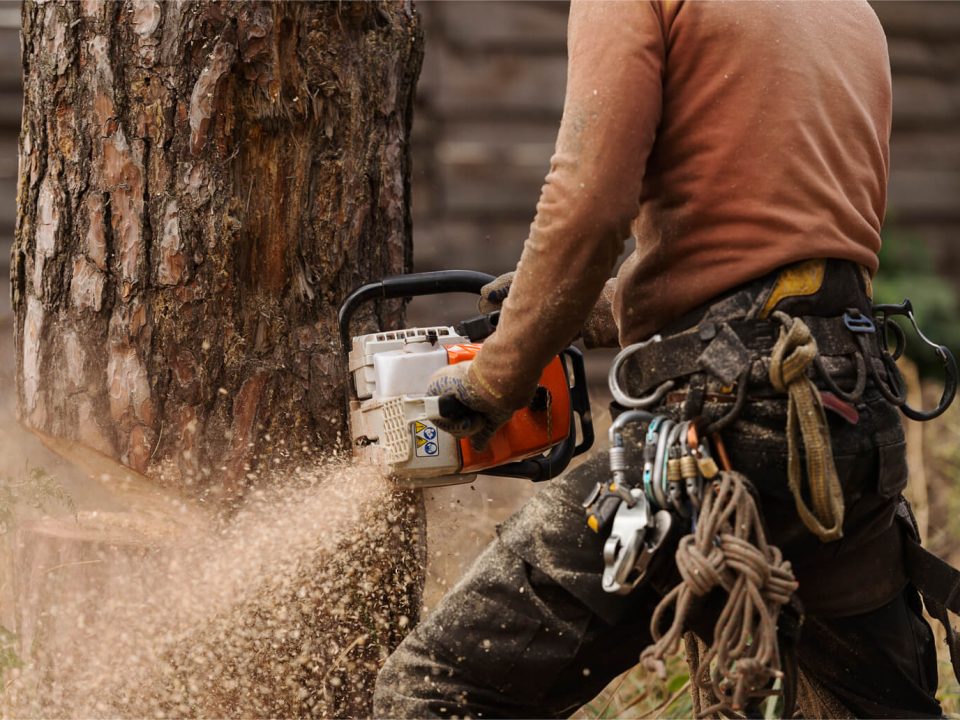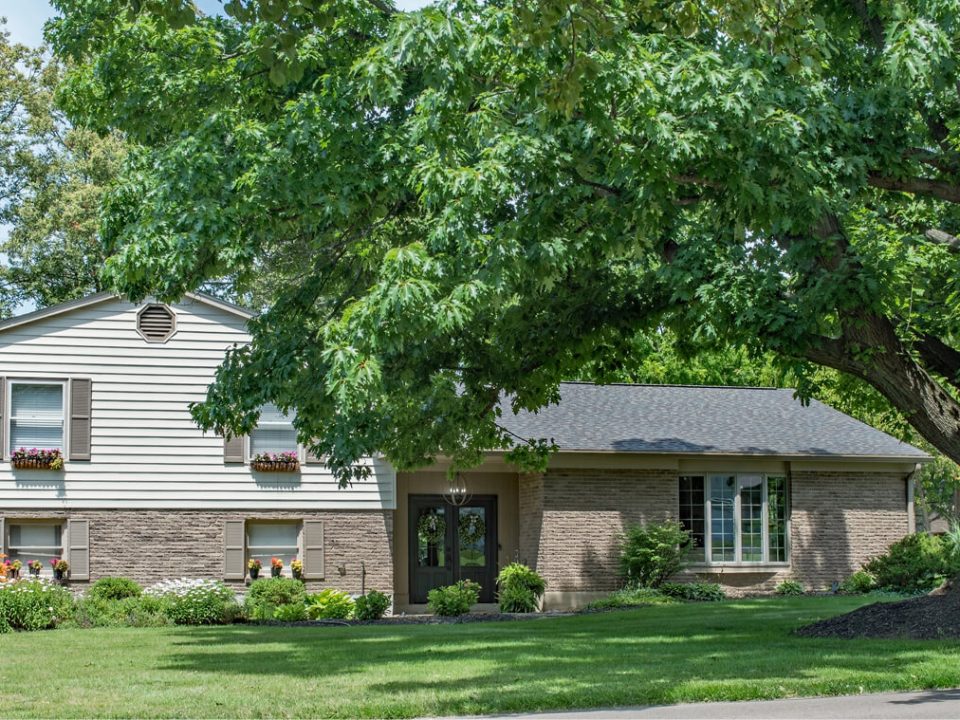If you’re a New Jersey homeowner or property owner contemplating tree removal, you might be wondering whether you need a permit. Tree removal regulations can vary from state to state, and New Jersey is no exception. Let’s explore the regulations regarding tree removal permits in the Garden State.

Tree Pruning During the Winter: Why It’s Important
October 19, 2023Understanding New Jersey's Tree Removal Laws:
New Jersey, with its abundant greenery and scenic landscapes, values its trees and the vital role they play in the environment. As a result, there are regulations in place to ensure that tree removal is conducted responsibly and in compliance with the law.
In New Jersey, the laws pertaining to tree removal primarily fall under municipal jurisdiction. This means that each township or municipality can have its own specific regulations and permit requirements for tree removal. While the state of New Jersey does not have a blanket law governing tree removal, it’s crucial to understand and adhere to your local ordinances.
When is a Tree Removal Permit Required in New Jersey?
The need for a tree removal permit in New Jersey depends on several factors, including the following:
Municipal Regulations:
As mentioned, many New Jersey municipalities have their own tree removal ordinances. Some may require a permit for removing specific tree species, while others may have size or quantity restrictions. It’s important to check with your local municipality to determine their specific requirements.
Tree Size:
In certain cases, a permit may be necessary if the tree’s diameter at breast height (DBH) exceeds a certain size. This size threshold can vary by municipality, so it’s essential to verify with your local authorities.
Protected Trees:
Some municipalities have regulations in place to protect certain tree species. These protected trees may require a permit for removal, regardless of their size.
Development and Land Use:
If your tree removal is related to a development project or land use change, you may need a permit. This is often the case when planning new construction or renovations that could affect existing trees.
Penalties for Unauthorized Tree Removal:
It’s crucial to follow your local tree removal regulations in New Jersey, as unauthorized tree removal can result in penalties and fines. The exact consequences can vary depending on the municipality but may include fines, restoration requirements, or legal action.
Navigating the Permit Process:
To ensure compliance with New Jersey’s tree removal regulations, follow these steps:
Contact Your Local Municipality:
Reach out to your local government or municipality to inquire about their specific tree removal regulations and whether a permit is required for your situation.
Professional Assistance:
Consider consulting with a certified arborist or tree service company experienced in local regulations. They can guide you through the process and help you obtain the necessary permits.
Document the Process:
Keep records of all correspondence and documentation related to your tree removal, including permit applications, approvals, and any communications with local authorities.
In Conclusion:
While New Jersey does not have a statewide law governing tree removal, it’s essential to be aware of and adhere to your local municipality’s regulations. Responsible tree removal ensures the preservation of the environment, community aesthetics, and legal compliance.
Before removing any trees on your property, always check with your local authorities and consider seeking professional advice. By doing so, you can help maintain New Jersey’s natural beauty while avoiding legal complications.




